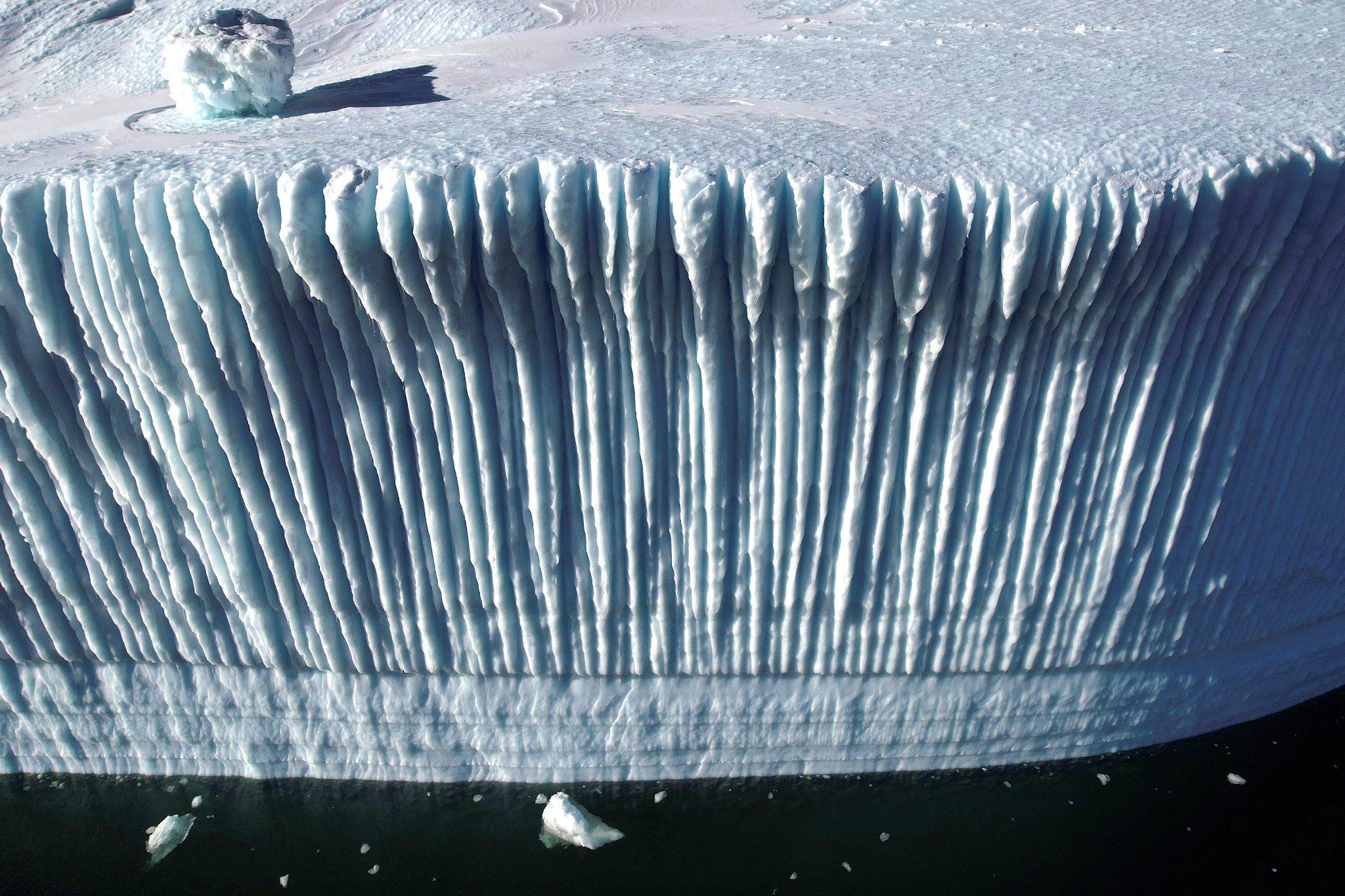‘Unthinkable’ polar heatwaves show we are coming to the crunch over the climate crisis
Supercharged Antarctic and Arctic temperatures are yet more evidence we no time to lose on global warming, writes Harry Cockburn


The established weather patterns which make our world function as it has done for millennia are breaking down with extraordinary speed.
The first serious warnings about global climate change were made in the second half of the 20th century – less than a single lifetime ago.
But with the pace of human existence as we know it, it is easy to forget that we are literally seeing the systems which have governed the world for millennia come undone in decades.
The temperature anomalies examined by scientists in the post-war years look laughably small compared to the fierce heat records saturating our weather maps with alarming smears of crimson.
At the time of writing, the two most concerning streaks of red indicating wildly abnormal temperatures are across the Arctic and the Antarctic.
Over the weekend, temperatures in the Antarctic, where it is late summer, reached an unprecedented 40C above normal, shattering records by 15C.
Meanwhile, in the Arctic, at the tail end of winter, temperatures have also stretched to 30C above average.
It is important to note that the Antarctic heatwave is currently assessed as a freak weather event, rather than fitting a rapid pattern of warming - although the opposite is true in the Arctic, where decade after decade the pattern of warming has grown more and more extreme.
Scientists are nonetheless extremely concerned, and said the “unthinkable” temperatures had "upended our expectations about the Antarctic climate system".
One particular concern is this year’s Antarctic sea ice extent, which for February 2022 was the smallest on record at 830,000 square miles, an extraordinary 29.6 per cent below average. This year’s lack of sea ice will mean a greater quantity of the sun’s energy is absorbed by the Southern Ocean, raising sea temperatures, with likely knock-on effects such as further destabilising glacier grounding lines – the point at which they meet the sea.
Over recent decades, it is hard not to see in the worsening climate crisis a response pattern in our societies similar to the seven stages of grief: shock and denial, pain and guilt, anger and bargaining, depression reflection and loneliness… But that is about as far as we seem to have got, with the upward turn - reconstruction and acceptance, and hope - all still some way off.
Some people, companies and organisations have made greater progress than others. On Monday the UN’s secretary general Antonio Guterres warned that increasing fossil fuel production as a response to the Ukraine crisis "is madness".
"Addiction to fossil fuels is mutually assured destruction," he said.
"Instead of hitting the brakes on the decarbonisation of the global economy, now is the time to put the pedal to the metal towards a renewable energy future".
But the shocking gulf between what needs to happen and what is actually happening is highlighted by the incredible opportunism on display by the UK government whose response to the invasion of Ukraine has been to reopen discussion on fracking and pursue new licences for drilling for oil and gas in the North Sea, despite these processes taking decades to come online, and being too small scale to impact energy prices.
We are seeing a massive collective failure at the moment of crisis.






Join our commenting forum
Join thought-provoking conversations, follow other Independent readers and see their replies
Comments